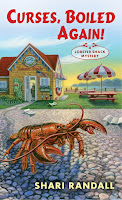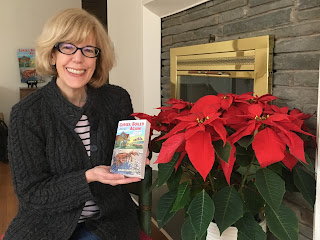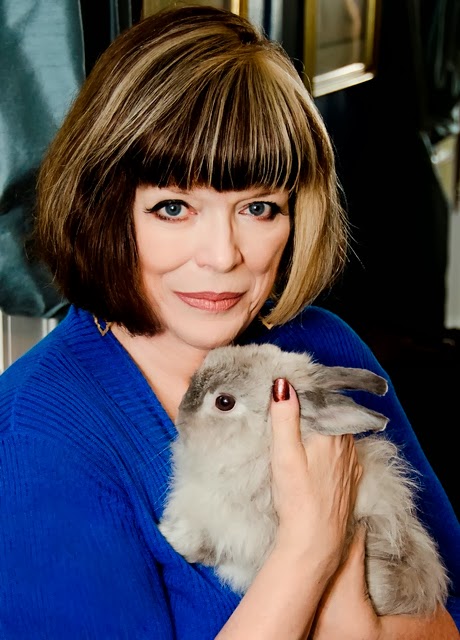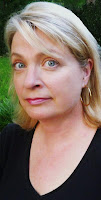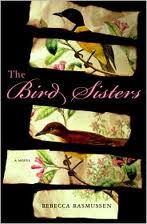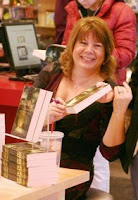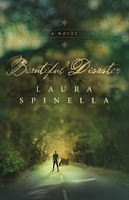Full Circle for a Debut Author
Many thanks to the Stiletto Gang for inviting me to be part of the, well, gang. This year marks my debut as a novelist with the January 30 publication of the first in my new Lobster Shack Mystery series, Curses, Boiled Again! I’ll be sharing the debut author journey with you here on the third Friday of the month.
can’t keep a verse from the Talking Heads song “Once in a Lifetime” from going
through my mind: “How did I get here?”
I was a children’s librarian for more than 12 years. We’ll sit in chairs in the
same room where I sang “We’re Going On A Bear Hunt” for toddlers, introduced
The Reptile Lady, and dressed up as Professor McGonagle for a Harry Potter
birthday celebration. Talk about a crazy journey!
favorite authors and friends will be with me, Donna Andrews and Sherry Harris.
road to becoming a writer – a prize for an elementary school poem, a spot on
the high school yearbook, a sale to a magazine.
Lady of Mount Carmel School in Meriden, CT. The librarian, Mrs. Macri, was an
energetic lady who wasn’t much taller than her students but tried to gain a few
inches on us with very high stiletto heels. How I marveled at those heels. (And
how I still marvel at those who can wear them!)
my eye. Mrs. Macri saw me looking and pulled it down for me. “Oh, you’ll like
this,” she said as she put the book into my hands. She didn’t say, “Oh, that’s
too old for you” or “Try something easier.” The book was The Adventures of Sherlock Holmes.
started trying to write my own stories.
degree, work at my hometown newspaper, editing for a Boston publisher,
freelancing, teaching, doing a masters in library and information science, to
my job in a mid-sized library in the lower level of a shopping mall in a county
of almost a million people near Washington, DC.
Deep into years of budget cuts, our teen section was looking
particularly tired. I was searching for grant money to buy fresh copies of
books when I came across the We Love Libraries program from a writers group
called the Sisters in Crime. I did some research, got my boss’s okay, and
applied for the grant.
tell you, ain’t no party like a librarian party where you can buy books with
somebody else’s money!
Malliet, C. Ellett Logan, Terri Bishop, and Ellen Byerrum. They told me about
the local Chesapeake chapter, the Chessies, and the yearly short story
anthology. Did I write? Did I know anyone who had a short story to enter?
holding that book in my hands, is something I’ll never forget. I thought it would be different with this novel, but the thrill is the same with Curses,
Boiled Again!
one ready for submission, one in pieces, one in a drawer awaiting the light of
day) and scores of blog posts have been part of my journey from that grant and
inspirational meeting with the sisters of the Chessie Chapter.
but you’re never truly alone with sisters. My novel wouldn’t have happened without them. Thank you,
always, Chessies and Sisters in Crime.
the page, of course), Shari enjoys walking the beach near her house, traveling
and eating the local cuisine, reading, and dancing. She’s currently trying to
talk her husband into a tango class.
in the Chesapeake Crimes anthology series: “Disco Donna” in Chesapeake Crimes: Homicidal Holidays
and “Keep It Simple” in Chesapeake
Crimes: This Job Is Murder. A third,
“Pet,” will be published in Chesapeake
Crimes: Fur, Feathers, and Felonies in spring 2018. You can see what’s new with
her at https://us.macmillan.com/author/sharirandall and check out her mermaid
obsession on Instagram @sharirandallauthor.

